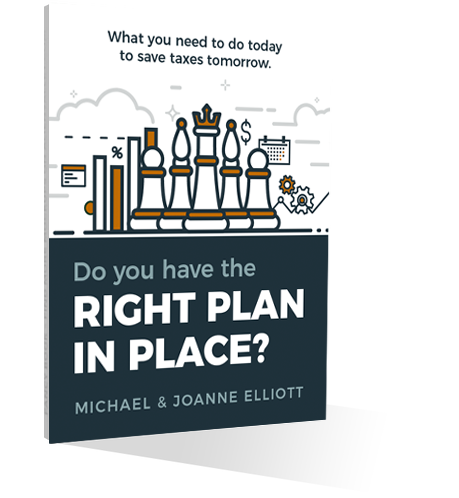The Cook County Clerk published the 2016 property tax rates. This is the final step in the billing process. Second installment 2016 tax bills were mailed by the end of June and were due on August 1, 2017. Here are some notable facts that will affect the 2016 tax bills.
- Chicago Property Owners Will Get Socked Again In 2016. In 2015, City of Chicago property owners experienced a double whammy of assessment increases (2015 was a re-assessment year) and substantially increased government spending, including a $318 Million increase to shore up police and fire pensions. In 2016, Chicago property owners will get hit again with a 9.28% increase in equalized tax rates. The 2016 increase includes $381 Million to shore up police, fire, and teacher pensions. More tax increases are scheduled as there is a 5-year plan in place to shore up these under-funded pensions.
- Northern Suburb Property Owners Will See Modest Tax Increases. North suburban properties were triennially re-assessed in 2016 and the north suburban assessment base increased by 11.77%. Actual assessment increases varied by location, property type, and address with homes typically seeing greater assessment increases than commercial properties. North suburban tax levies increased modestly by 2.95% in 2016 as opposed to Chicago which experienced a 9.66% increase. Many north suburban property owners experienced decreased tax rates in 2016 as modestly increased spending was spread over a significantly larger tax base.
- South Suburban Property Owners Will Also See Modest Tax Increases. South Suburban property owners will see modest tax increases in 2016 as a result of increased tax levies (averaging 2.46%) and a modestly shrinking tax base. The County Clerk reports that the average tax bill for a south suburban home will increase by 3.9% in 2016 and the average commercial property bill will increase by 3%.
- Property Values Are Rebounding. After years of declines during the recession, property values in Chicago (2015) and the northern suburbs (2016) are rebounding. The Chicago and north suburban tax assessment bases increased by 11.65% (2015 – Chicago) and 11.77% (2016 – north suburbs). The south suburbs will be re-assessed in 2017 and we expect to see an increase in that tax base, although it is likely to increase less than Chicago and the north suburbs.
Closing Comments: Property values are starting to increase again as we leave the recession behind, but government officials show little to no ability to rein in spending. After years of under-funding pensions and experiencing the lowest tax rates in Cook County, Chicago has made the decision to raise property taxes to shore up their pensions and is in the early stages of a five-year pension hike program. As a result, Chicago taxes are likely to increase in the future. Fortunately for suburban taxpayers, tax caps enacted in the 1990s deny most units of local government the ability to increase tax levies beyond the rate of inflation (CPI) so that the huge tax increases experienced in Chicago will be unlikely in the suburbs unless the State legislature enacts legislation allowing non-home rule suburban taxing bodies the right to bust the tax caps to increase levies.
If you would like to read the Cook County Clerk’s 2016 tax rate report, click here.


